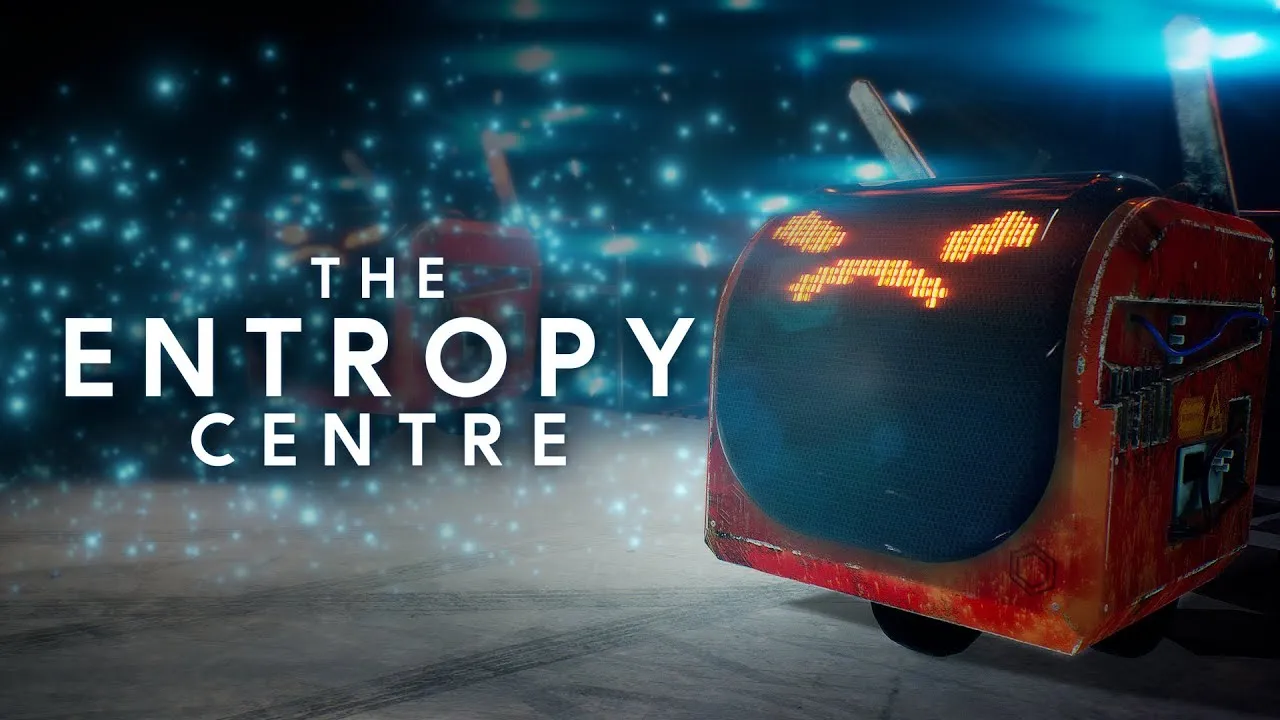
I don't think there will come a day when a puzzle platforming game could ever replace Portal, and its seminal sequel. I mean, those games are a product of great ingenuity from Valve, and their aspirations towards the gaming community during its time. Since then, there have been plenty of puzzle games that have tried to capture some success of those game.
Ones like Superliminal, The Turing Test, Escape Simulator, It Takes Two, and now The Entropy Centre. A quirky, upbeat game where the protagonist is reversing a world ending event by dealing with some odd science chronological shenanigans. It wastes no time by letting the character get introduced to her trusty assistant bot inside the gun she uses before getting to business.
The game did make my head spin quite a bit, and it isn't completely clear on what you're supposed to do at times because of how crazy the puzzle can get, sometimes pretty overwhelming, that's probably a good thing. It's not close to being fun as some of these popular titles, but it's a quirky game that carries itself pretty well, unlike the robots that roam in it.


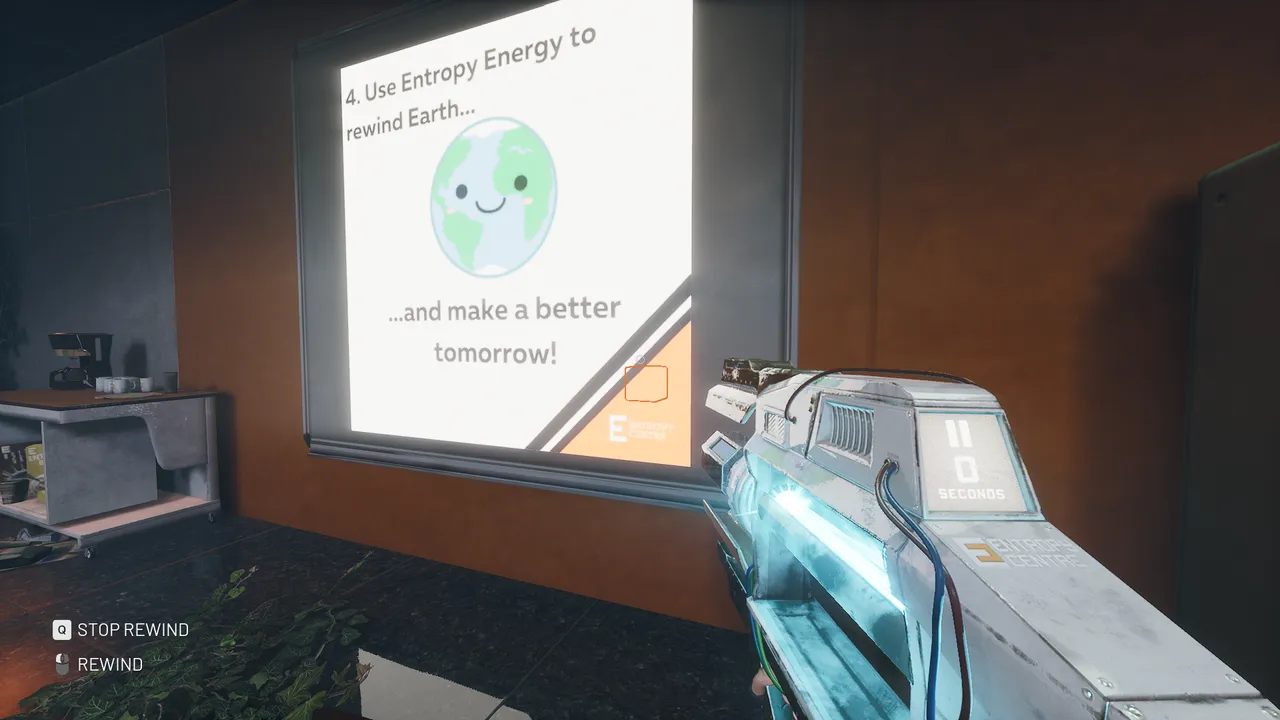
Waking up in her room with the door open to see the desolate state of the station she's in, Aria navigates after leaving the dorms to see if anyone can help her. A little later on, someone does, a, A.I. that is attached to a gun called ASTRA. This is where the puzzles opens up and establishes the kind game I'll be playing.
The A.I. is completely disconnected from the state of the world in her bubbly, cheerful personality, as her job is to make sure the participant of the puzzles do their jobs well. Of course, this creates a dialogue between Aria and her where the back-and-forth is full of self-aware, quirky, funny jokes. Where they both find their own ways of dealing with the fact that Aria might be the only human around, while a cataclysmic event is constantly being rewinded to stop the earth from being destroyed.
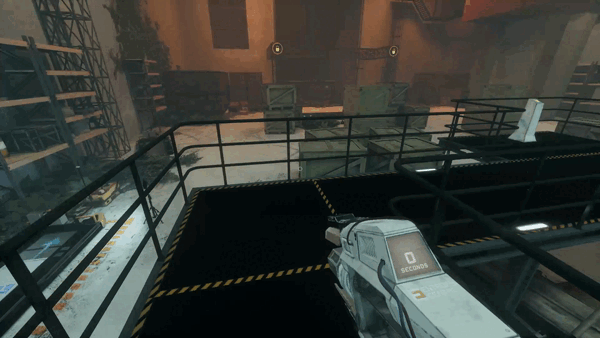
Playing through the game, they both learn to grow, especially ASTRA, who has to learn and bent her programming a bit just to help Aria accept her new reality. And to be honest, the human here is taking all this way too well. As if she, ah, was used to this in some way. Like, there's a lot of mystery that can be figured out subtextually, as well as from the notes you collect in the computers.
I wouldn't exactly say the story holds much to keep you interesting in what's really going on. It just eventually reveals itself more as you keep progressing towards the end, even if they come out thin. Though, I've kind of already had a few ideas about what's going on, it doesn't do much of a good job subverting your expectations.
But I do like the duo, there's enough humor to keep you distracted from the mundane nature of the puzzle solving. I kept looking forward to the next section, just to hear what they'll say next. But hopefully not too distracted because these puzzles are quite a handful to solve, and they got my neurons kicking in hard.
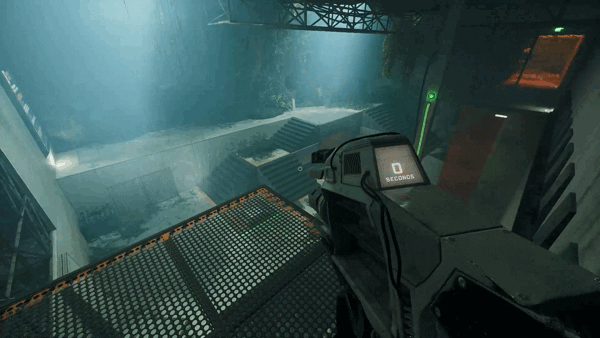

The puzzles in this game are well, intricately designed, so much I'd say that the song "You Spin Me Round" is literally playing somewhere. I got lost a few times, but once I've understood the patterns, and what the items do, I was kind of hastening my progress really fast. These puzzles aren't that hard, I mean, if you skipped high school physics, maybe.
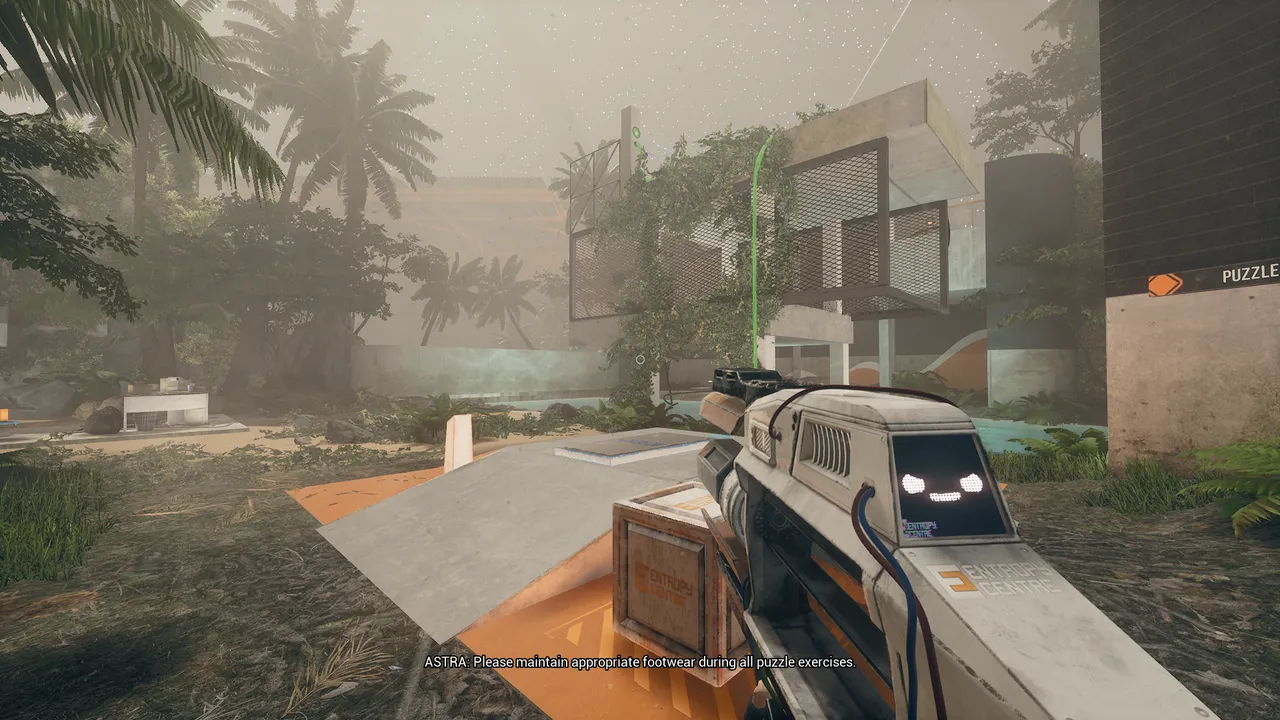
And I gotta admit, the level design looks amazing. They look like those Pinterest arts that you find that are teeming with architectural beauty. The more I kept progressing, the more distinguished these areas looked. Some really great to gawk at, before remembering that I have to solve them fast as possible to beat the time. Each section, once completed, they show you how long it took you to solve it. If you take too long, ASTRA will make a note and some funny banter ensues.
There's no properly rationalization as to why you're doing these puzzles, except for creating data and entropy energy of sorts. Especially with the gun. You pick different kinds of boxes, including ones that make you bounce, draw energy bridges, and more. You have to put your lateral thinking cap on and figure out how to use them.
What's really going on here is that you're manipulating time. You create time footprints, which you can use to reverse it in order to solve some of the puzzles. As the game progresses, the time amount for that footprint increases, meaning you could do far more difficult ones that require real strategic solutions to be used. It's like drawing a literal equation without doing number crunching and stuff.
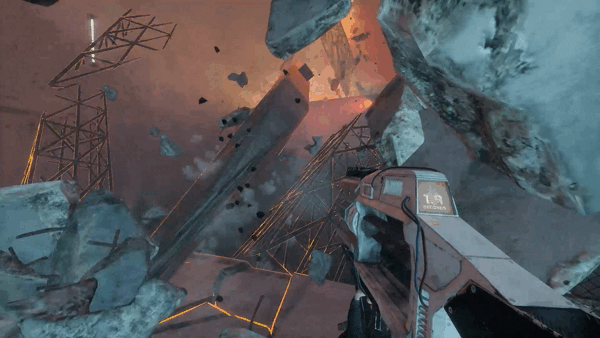
There will be quicktime events, yes, where you have to scout out the object of interest and time reverse with your gun just to either stop them from falling on you, crumbling beneath your feet, or using them as means to escape. It has this crazy effect of seeming like a fun, action game, and that's great for a puzzle platformer.
There'll be plenty of left field events, like the fact that the facility's automated defense goes to malfunction and all the friendly bots around start attacking you. Other times, you can't use your gun and so you have to move around misleading them before they, well, kill you right on the spot. That's not cool.
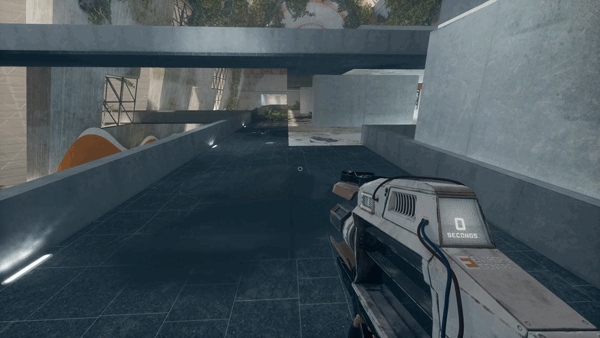
The caveats I think I can put out is that it doesn't really capture the ingenuity that Portal 2 brought from its early years. Not to mention, some parts of it, other games have done it way better. The story is pretty predictable, but told in a rather serious science sort of way. Of which, I can respect.
The puzzle sections are, on the other hand, well-thought-out, the characters here are fun to listen to, and I like the level designing. There are things to root for here, and I am glad that I've gotten to play this one to find that out. Took me 9hrs to finish this.

Recent content: